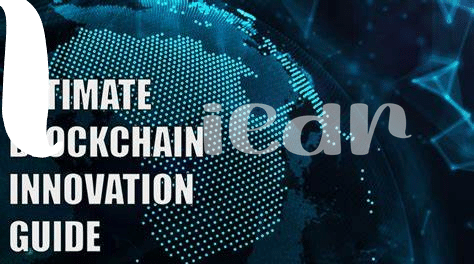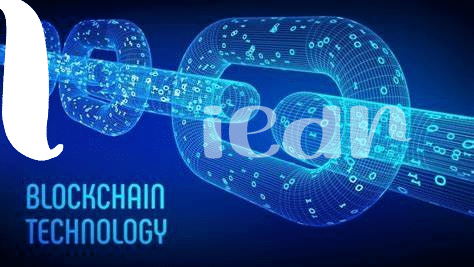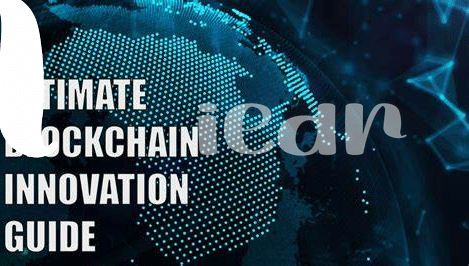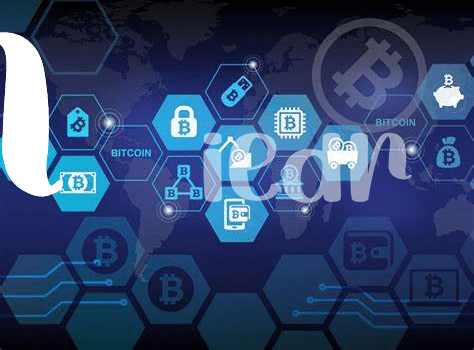Overview of Digital Identity Management in Mexico 🌐

Digital identity management in Mexico is undergoing a significant transformation as technology continues to advance. With the increasing digitization of services and transactions, the need for secure and efficient identity verification processes has become paramount. Mexico, like many other countries, faces challenges in managing identities in a digital age, from issues of data privacy to the risk of fraud and identity theft.
As digital interactions become more prevalent, there is a growing recognition of the importance of establishing robust and trustworthy digital identity systems. Traditional forms of identification are no longer sufficient in a rapidly evolving digital landscape. Embracing innovative solutions like blockchain technology holds the promise of enhancing the security and efficiency of identity management processes, paving the way for a more secure and streamlined digital future.
Challenges Faced in the Current System 🤔
In the current system of digital identity management in Mexico, there are various challenges that need to be addressed. One of the key issues is the lack of a centralized and secure database for storing and managing individual identities. This decentralized nature leads to fragmentation, making it difficult to verify and authenticate identities consistently across different platforms. Moreover, the risk of identity theft and fraud is prevalent due to outdated authentication methods and vulnerable data storage practices. These challenges highlight the urgent need for a more robust and efficient system that can ensure the security and integrity of digital identities in Mexico.
Furthermore, the complexity of the existing system often results in slow and inefficient processes for identity verification, leading to delays in accessing essential services and hindering seamless digital interactions. Without a streamlined and secure identity management framework, individuals face increased risks of privacy breaches and data manipulations, compromising their digital identities. By overcoming these challenges, Mexico can unlock the full potential of digital identity management, providing more secure and convenient experiences for its citizens in the digital age.
Introduction to Blockchain Technology and Its Benefits 💡

Blockchain technology is revolutionizing the way we manage and secure data. By utilizing a decentralized and tamper-proof ledger system, blockchain offers unprecedented transparency and security for digital transactions. Its key benefits include immutability, data integrity, and enhanced privacy protection. Moreover, the decentralized nature of blockchain eliminates the need for intermediaries, reducing costs and increasing efficiency in identity management processes. With its potential to revolutionize how digital identities are verified and authenticated, blockchain technology is poised to reshape the landscape of digital identity management in Mexico, providing a secure and reliable solution for a wide range of industries and applications.
Potential Impact of Blockchain on Identity Management 🚀

The potential impact of blockchain on identity management is substantial, offering a decentralized and secure solution to the current challenges faced. By utilizing blockchain technology, individuals in Mexico can have greater control over their personal data, reducing the risk of identity theft and fraud. The immutable nature of blockchain ensures that data remains tamper-proof, enhancing the trustworthiness of digital identities and transactions. Furthermore, the efficiency and transparency provided by blockchain can revolutionize identity verification processes, leading to quicker and more secure interactions in both the public and private sectors.
Incorporating blockchain into identity management systems has the potential to streamline operations, enhance data security, and empower individuals with greater privacy control. As Mexico navigates towards a more digitally-driven society, embracing blockchain technology in identity management could pave the way for a more secure and efficient future for individuals and businesses. To learn more about how blockchain innovation is driving economic growth and shaping policies globally, explore the success stories of blockchain companies in Malta at blockchain technology innovation policies in Moldova.
Regulatory and Adoption Considerations in Mexico 📜
Considerations around regulations and adoption play a crucial role in shaping the future of digital identity management in Mexico. Ensuring compliance with existing laws, while also fostering a favorable environment for the adoption of blockchain technology, will be key. The regulatory landscape must evolve to accommodate the innovative potential of blockchain in identity management, striking a balance between security and efficiency. Educating stakeholders and policymakers about the benefits of blockchain will be essential in driving widespread adoption. Collaboration between the government, private sector, and technology providers is vital to navigating the regulatory intricacies and unlocking the full potential of digital identity solutions in Mexico.
Future Possibilities and Opportunities for Innovation 🔮

In the rapidly evolving landscape of digital identity management, Mexico stands on the cusp of transformative opportunities for innovation. With blockchain technology poised to revolutionize the way identities are managed, the future holds promise for streamlined processes, enhanced security, and increased efficiency. These advancements could pave the way for new solutions to long-standing challenges in identity verification and authentication, creating a more secure and user-centric environment for individuals and organizations alike. As Mexico embraces the potential of blockchain in identity management, the stage is set for exciting developments that could shape the future of digital identity on a national scale.
To delve deeper into how blockchain technology is driving innovation in identity management policies, explore the groundbreaking initiatives being implemented in Mongolia with a focus on blockchain technology innovation policies in Malta. By harnessing the power of blockchain, these countries are setting the stage for a paradigm shift in identity management practices, offering valuable insights into the possibilities that lie ahead in the global landscape of digital identity.
